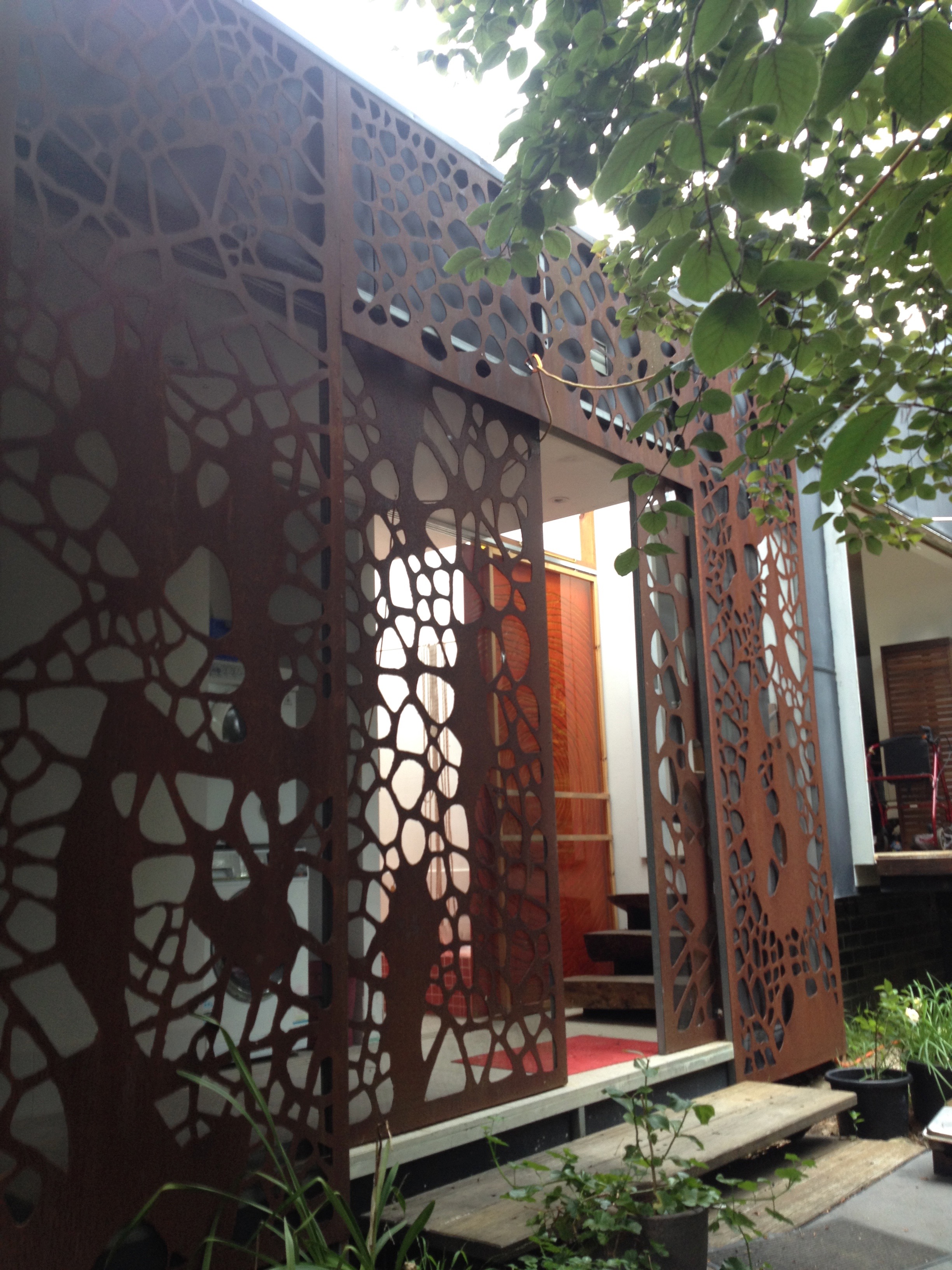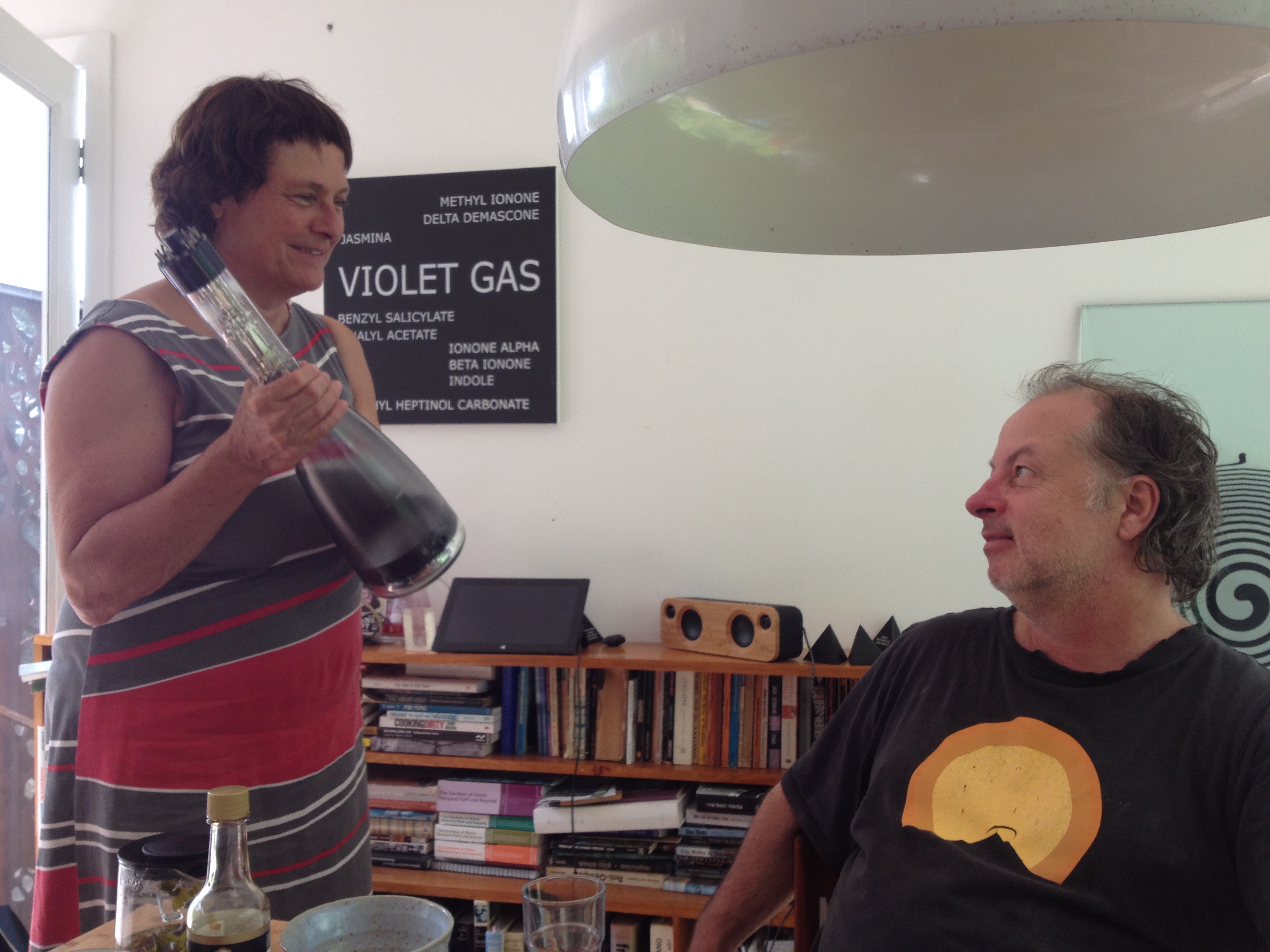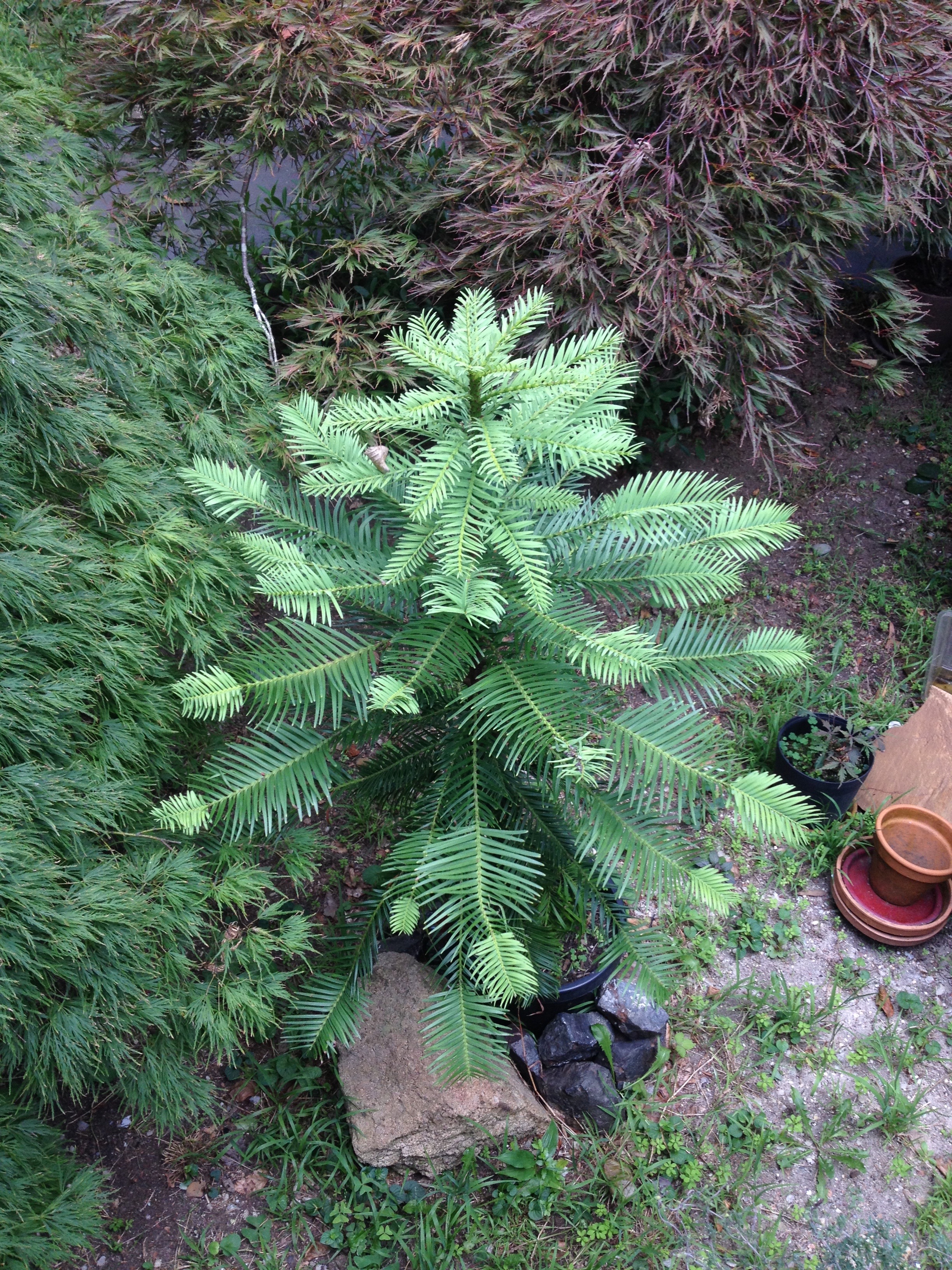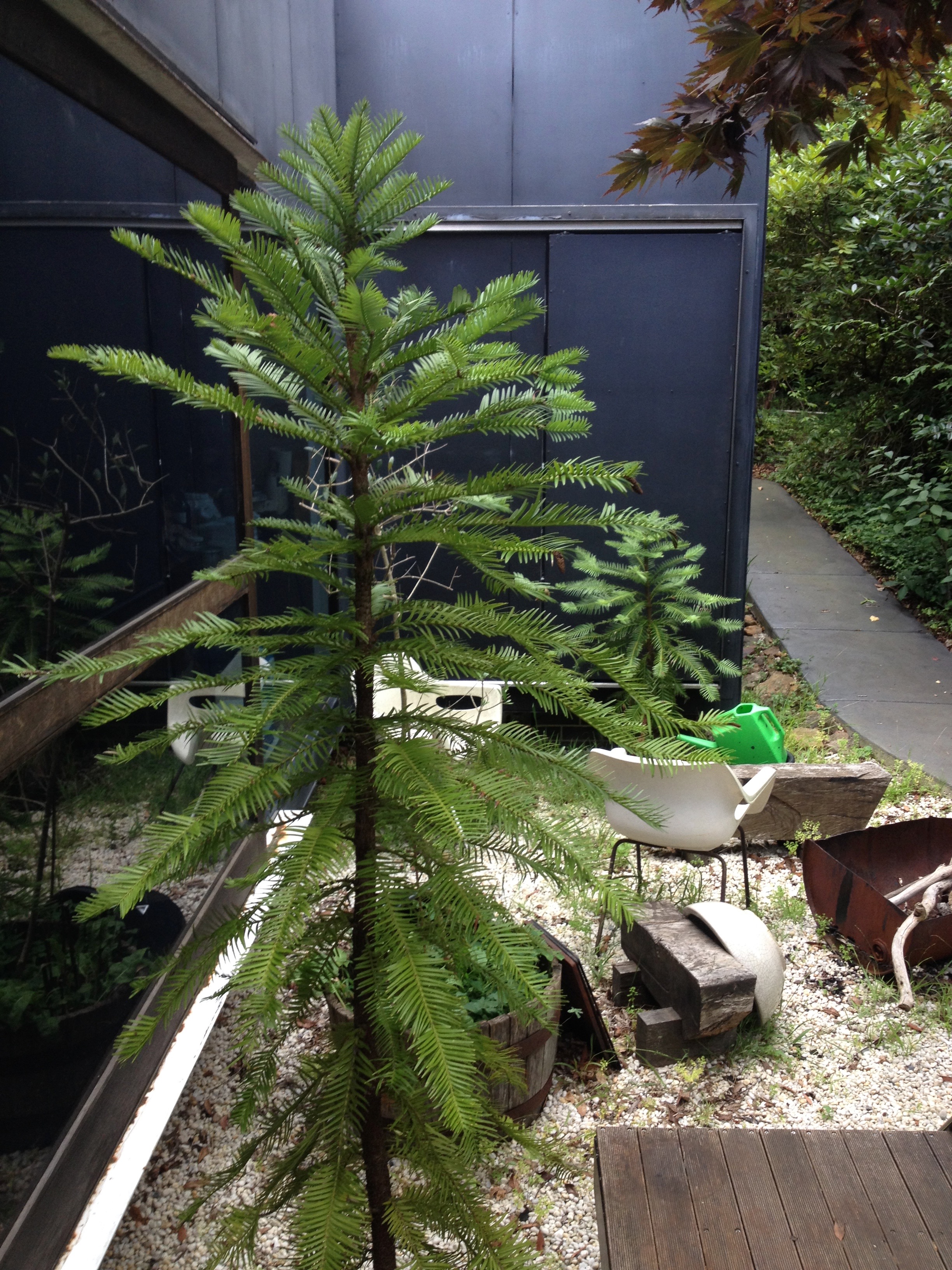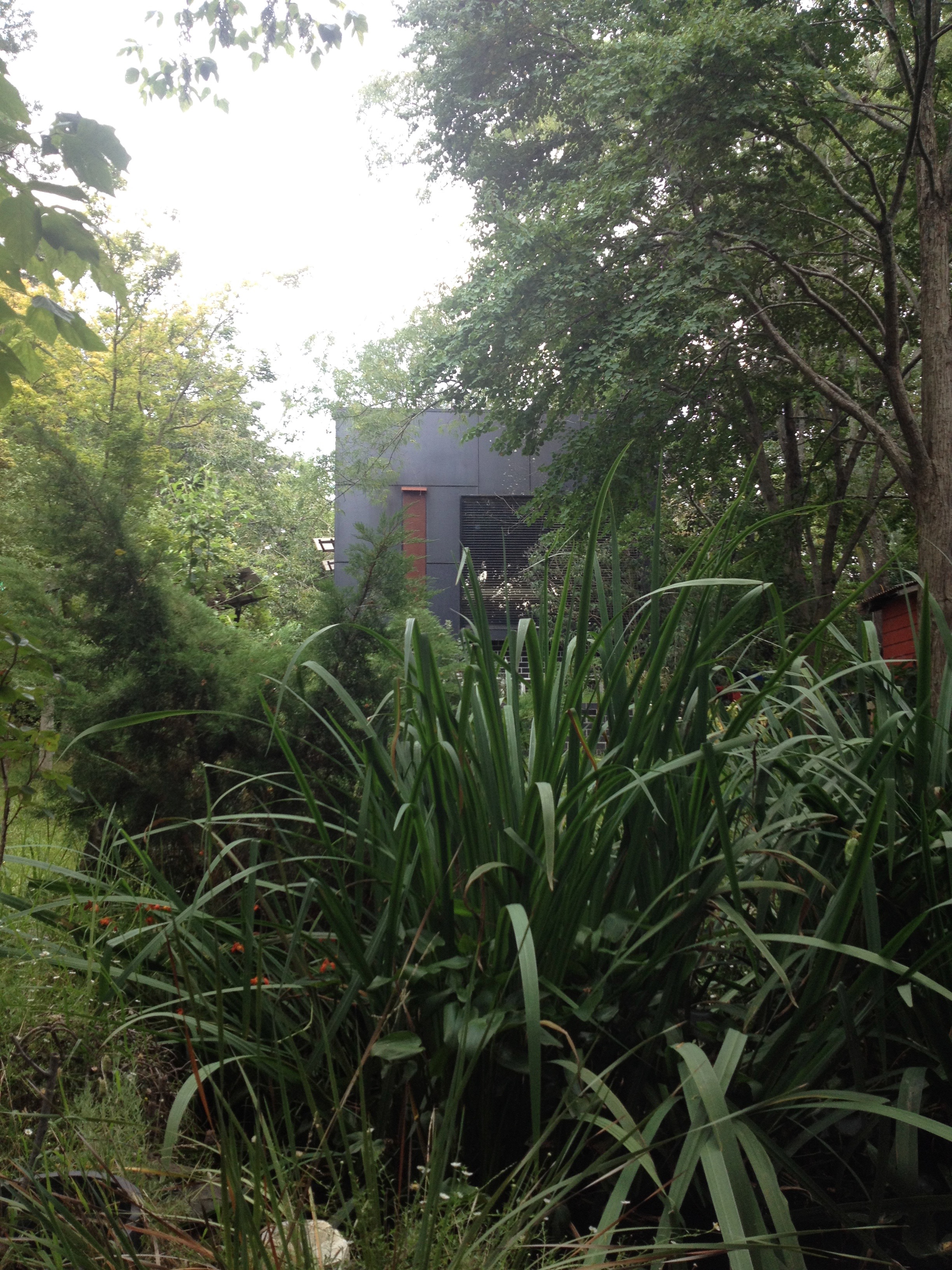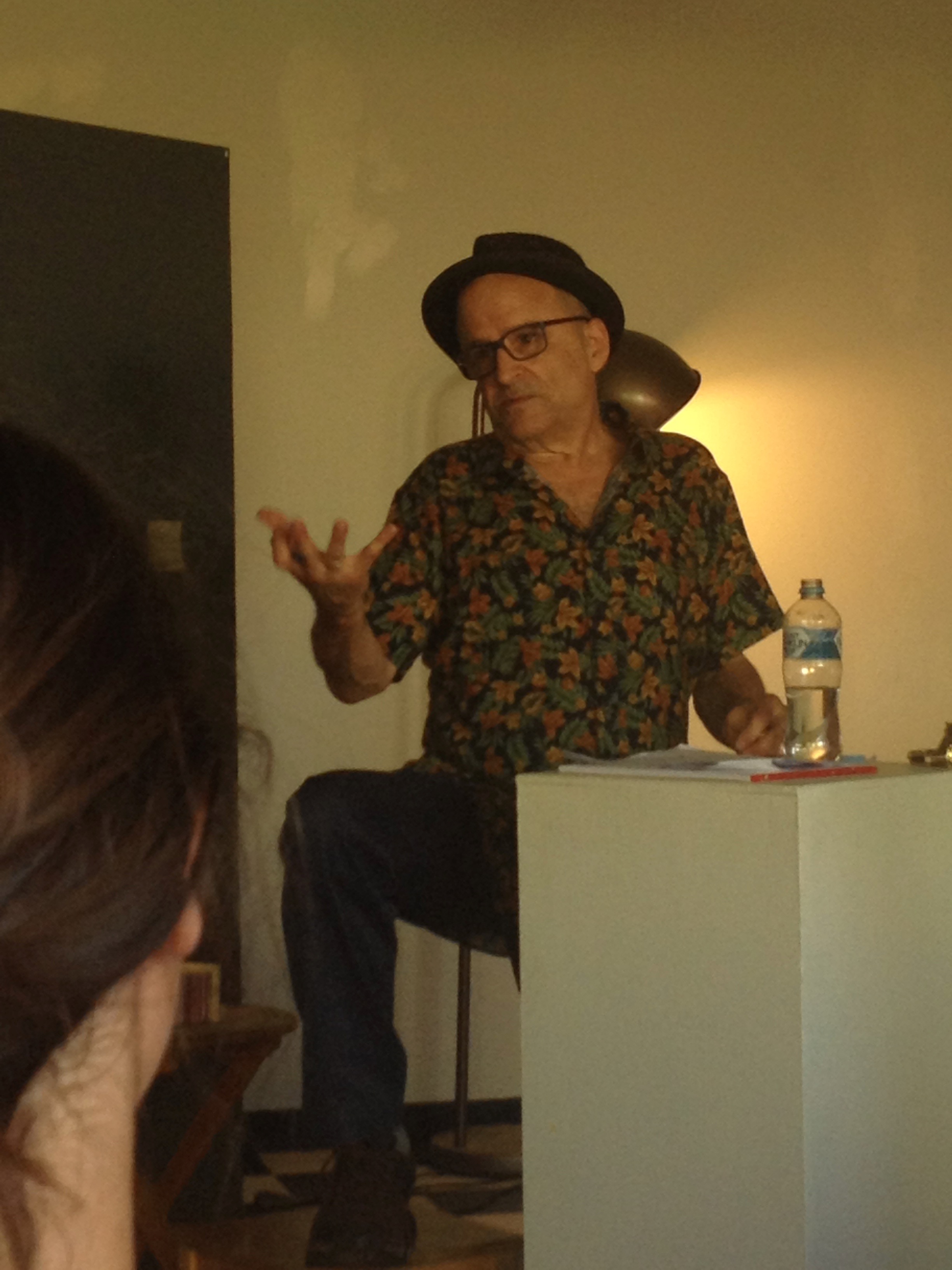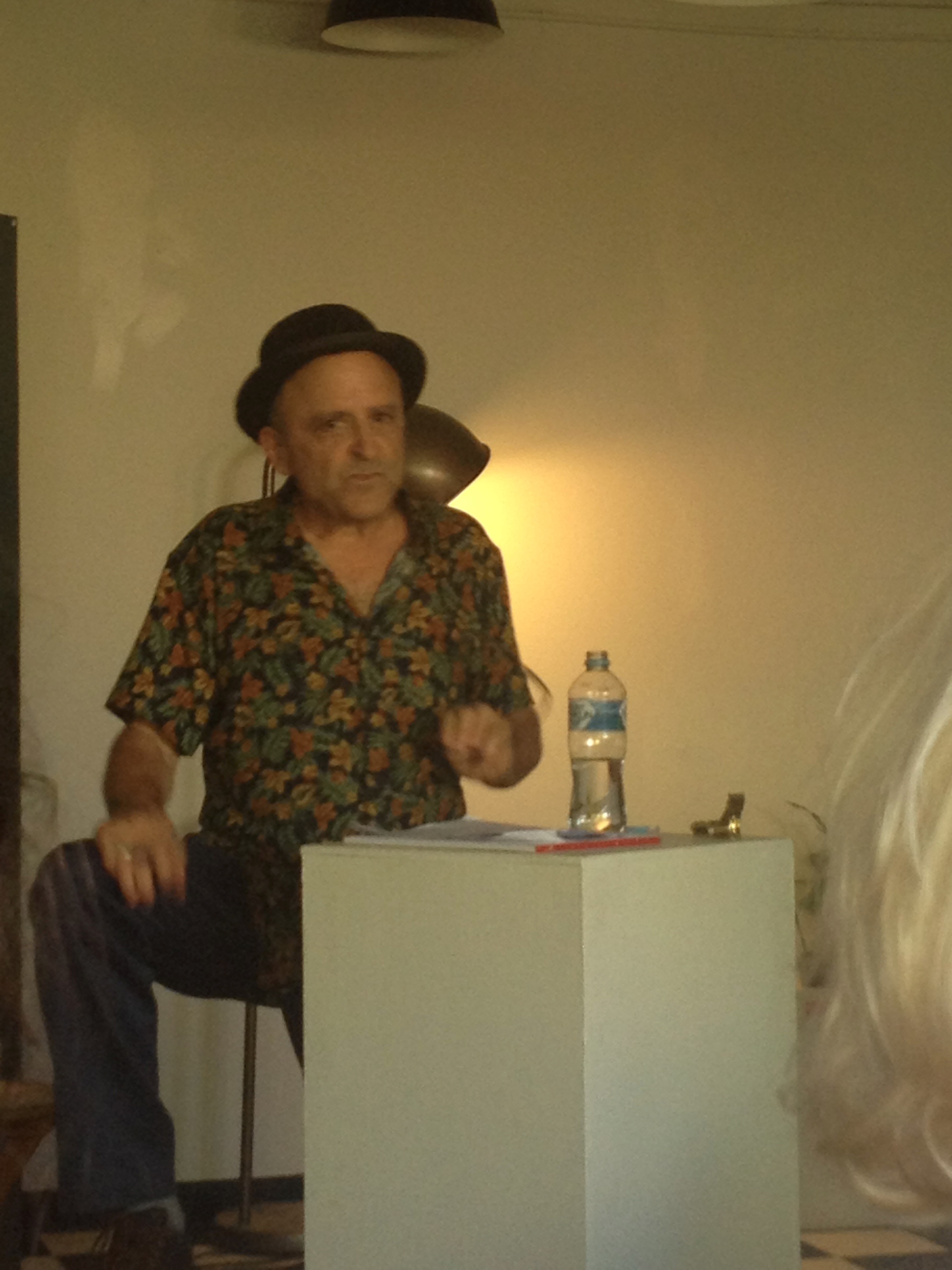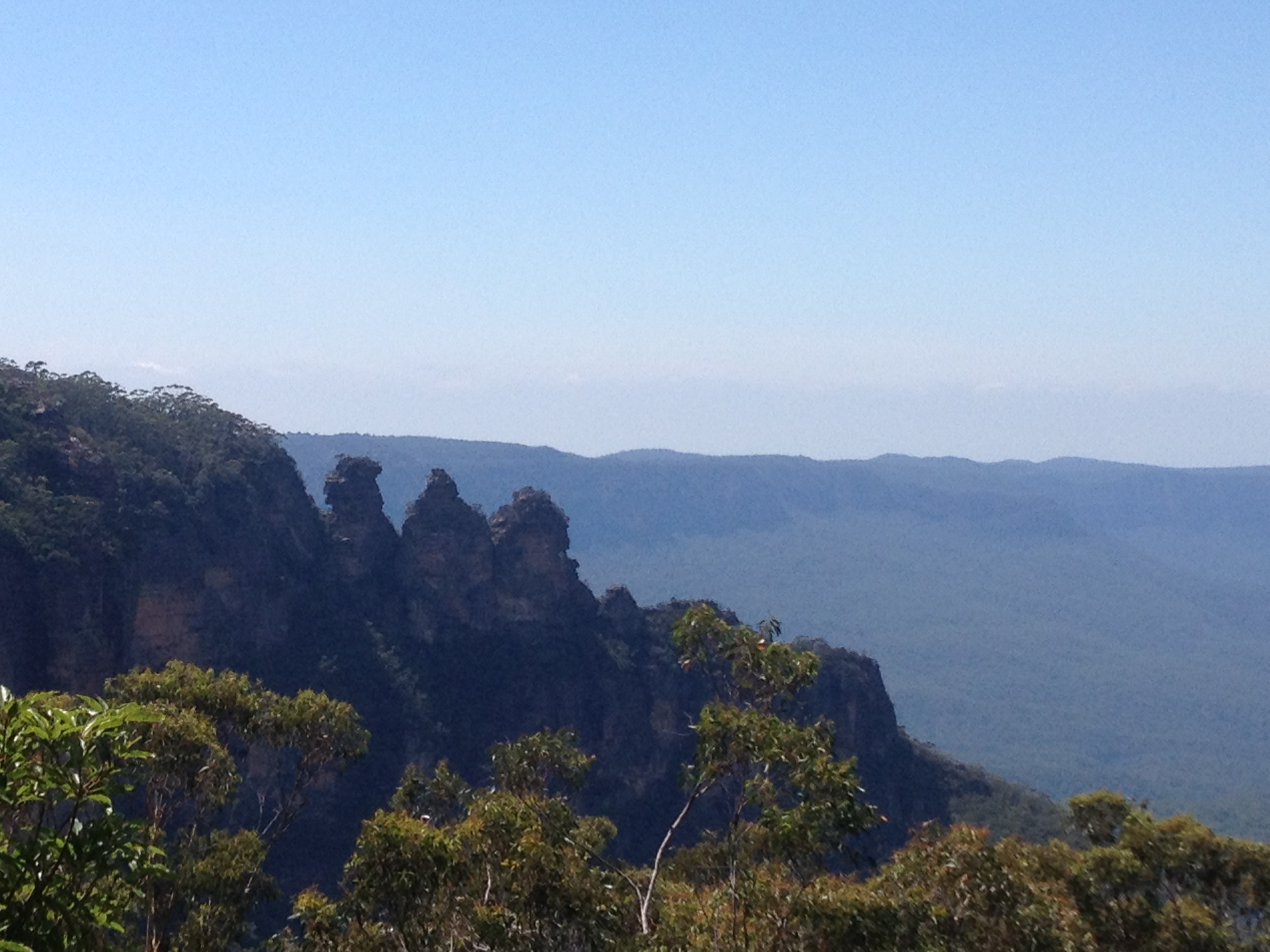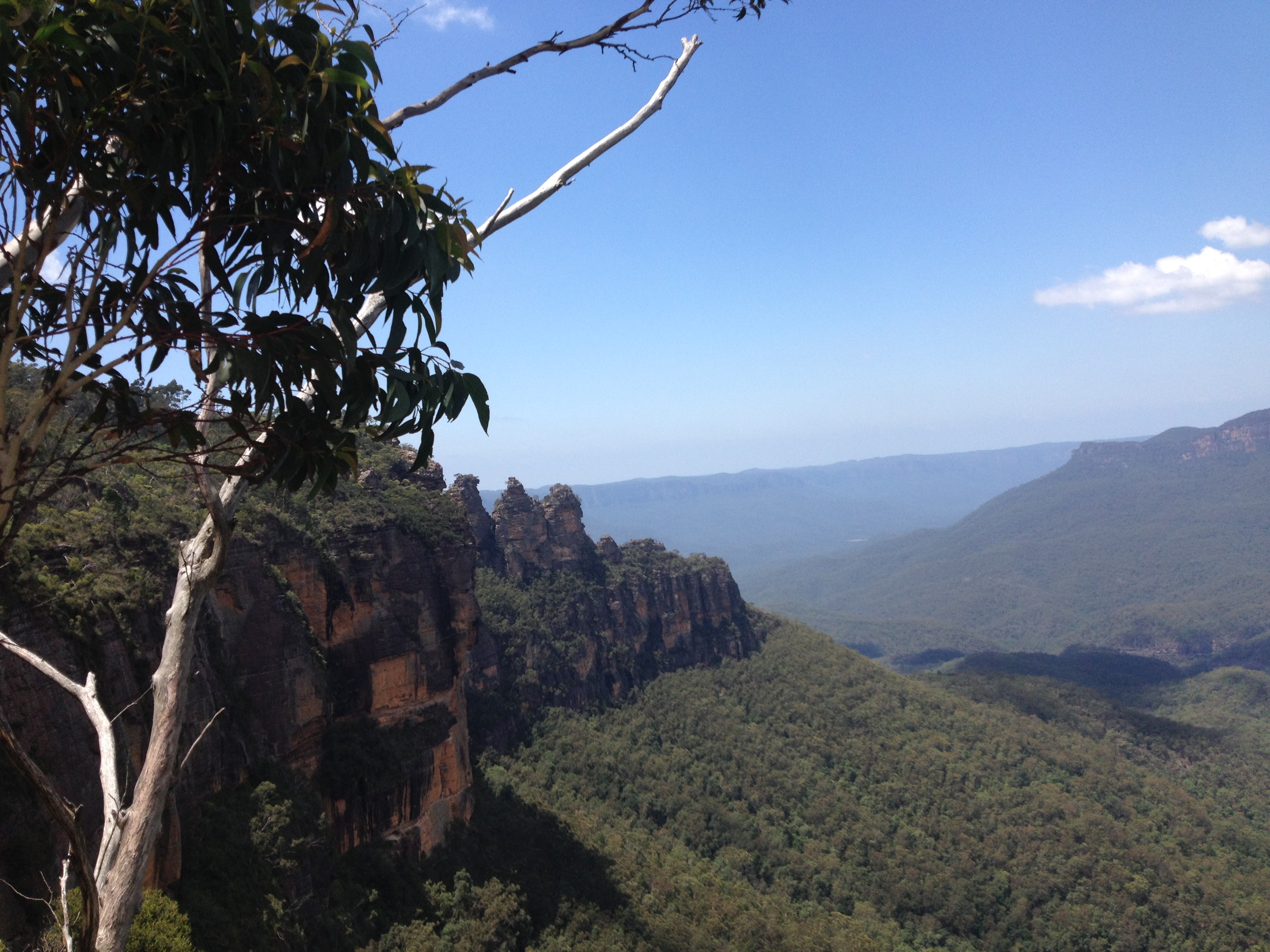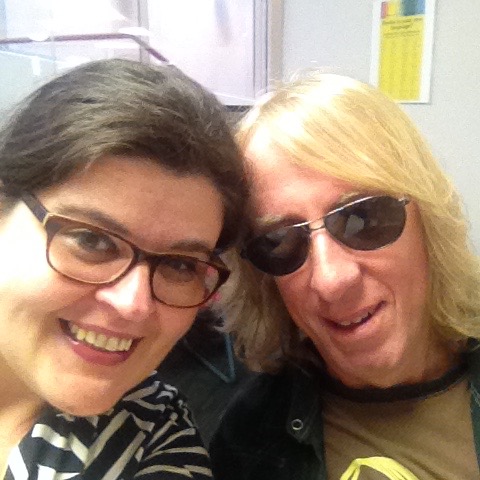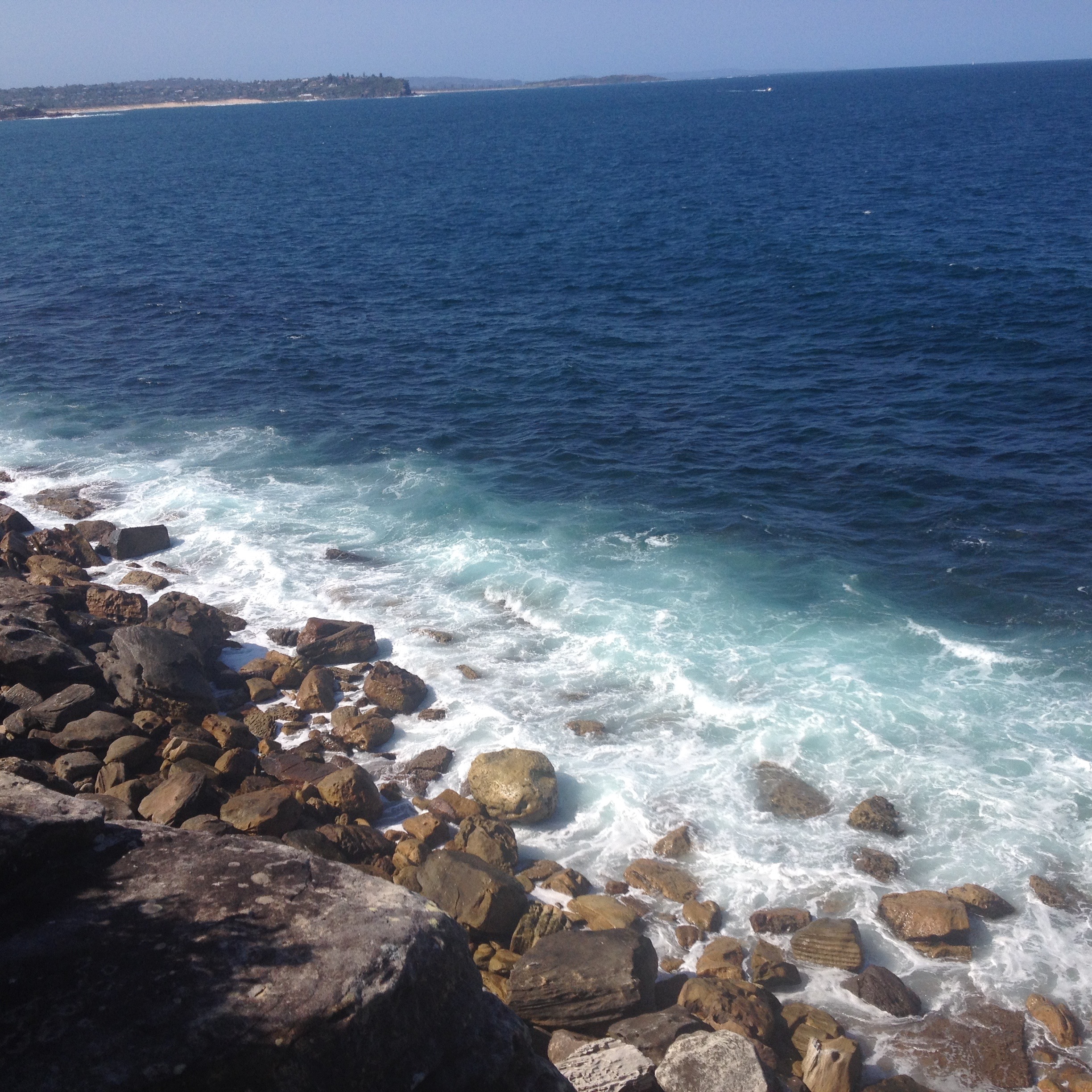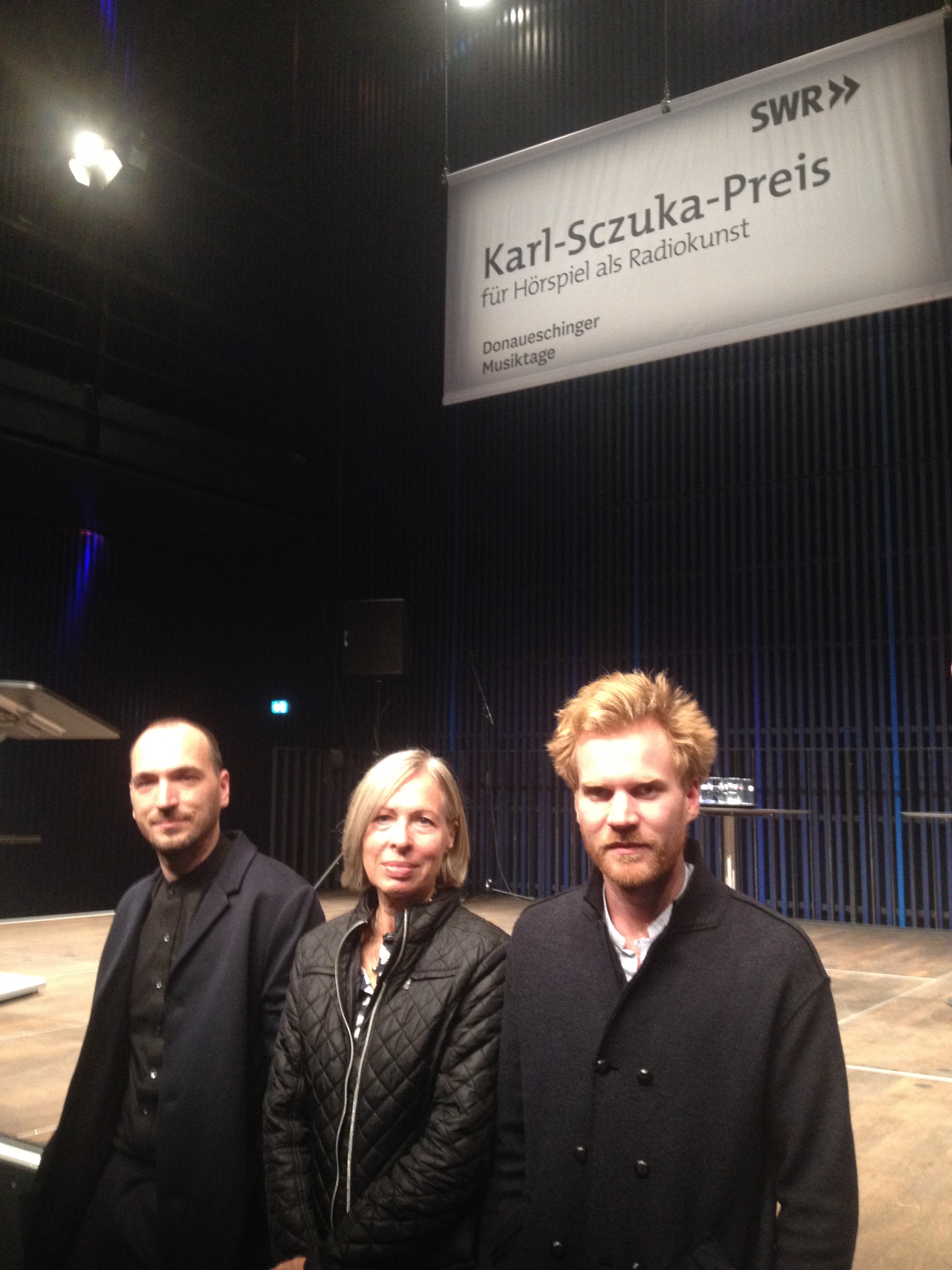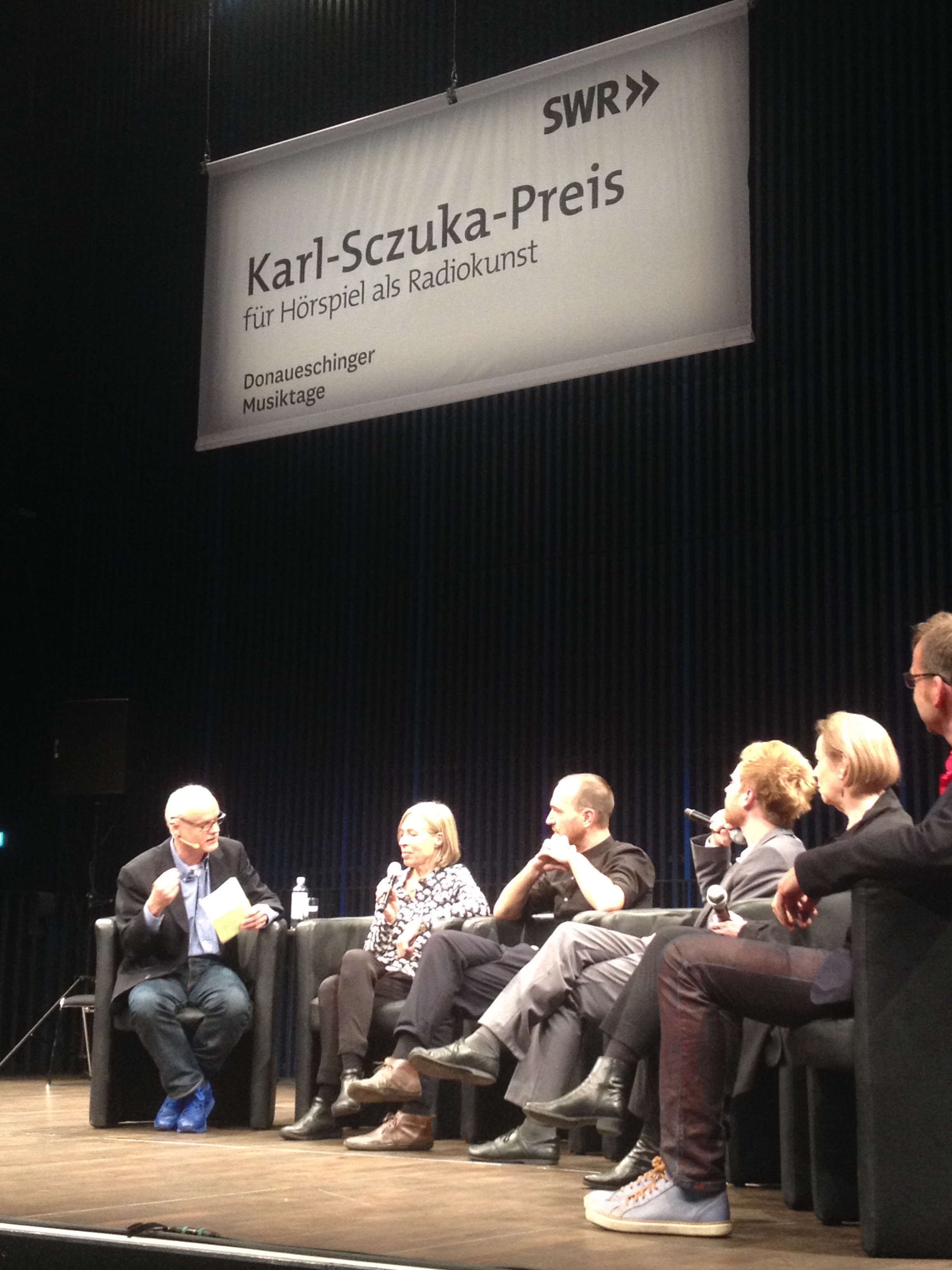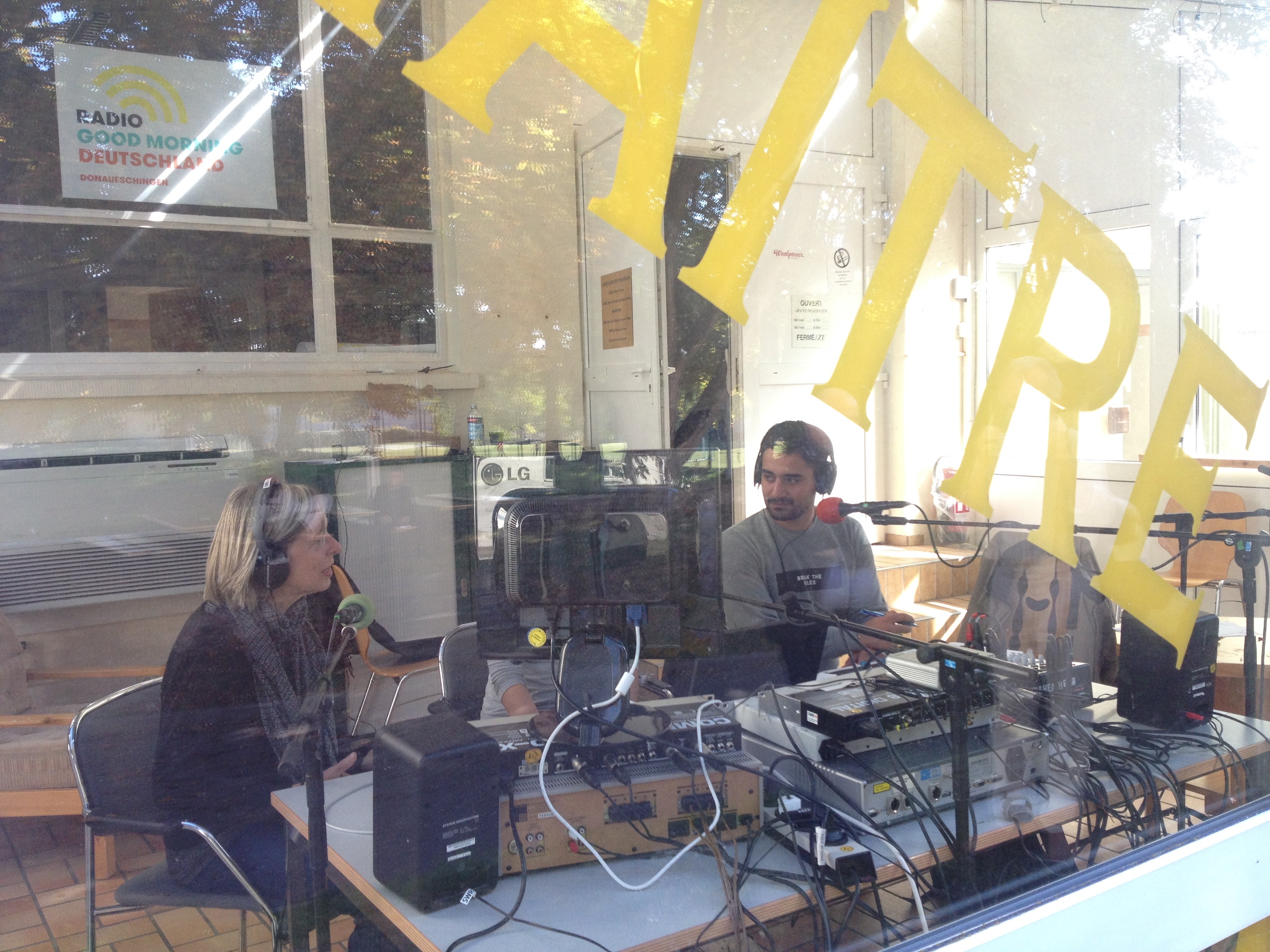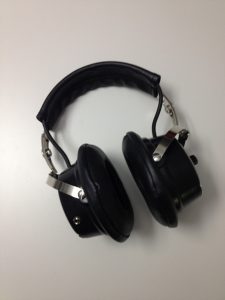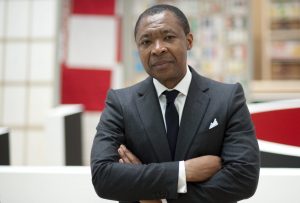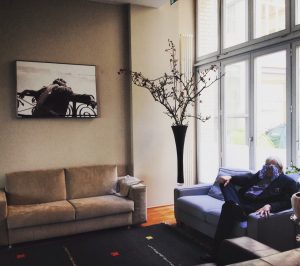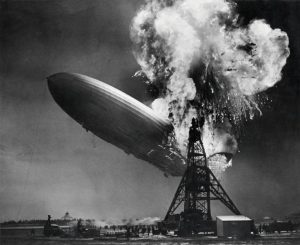Visiting Joyce Hinterding & David Haines in the Blue Mountains (NSW), Australia
“Like linguists turn to coding, silversmiths turn to electronics”, says David Haines. For the Australian artists it seems to be the most natural thing in the world to artistically transcend materials, media and genres. Haines, who just has been awarded the 2017 Australia Council Visual Arts Fellowship for two years, to delve further into his “abiding interest in aroma as an art form” and develop a substantial exhibition across the range of his practices, is one half of the intriguing Australian art couple Haines & Hinterding. The other half is Joyce Hinterding, a former silversmith and nowadays an artistic expert on energies, especially on Very Low Frequency Radio Waves and Natural Radio.
During my research stay in Australia Douglas Kahn was so kind and generous to introduce me to his dear friends and neighbours Joyce and David. The couple invited me to visit them at their lovely home in the bush of the Blue Mountains to learn more about their art practices – an unexpected, spontaneous visit, which turned out to be one of the highlights of my research trip down under. After a nice spring roll lunch and some conversation we wanted to go and see some kangaroos together. However, I quickly became so fascinated by the multisensory artistic cosmos of Haines & Hinterding and our conversation lasted so long that the kangaroo visit had to be postponed.
What makes the works of Haines & Hinterding so fascinating to me is the fact that they are outstanding examples of artistic research.









